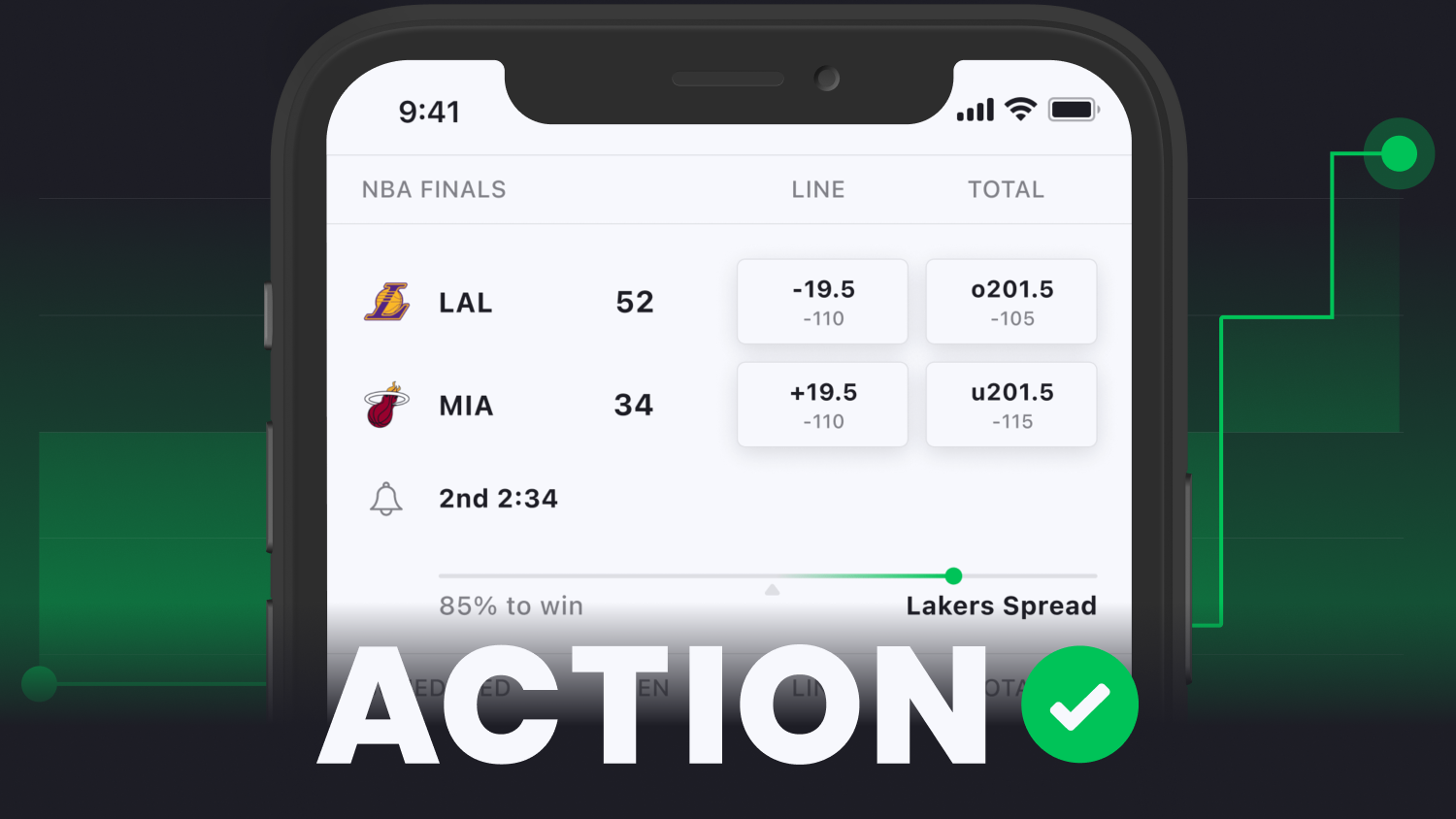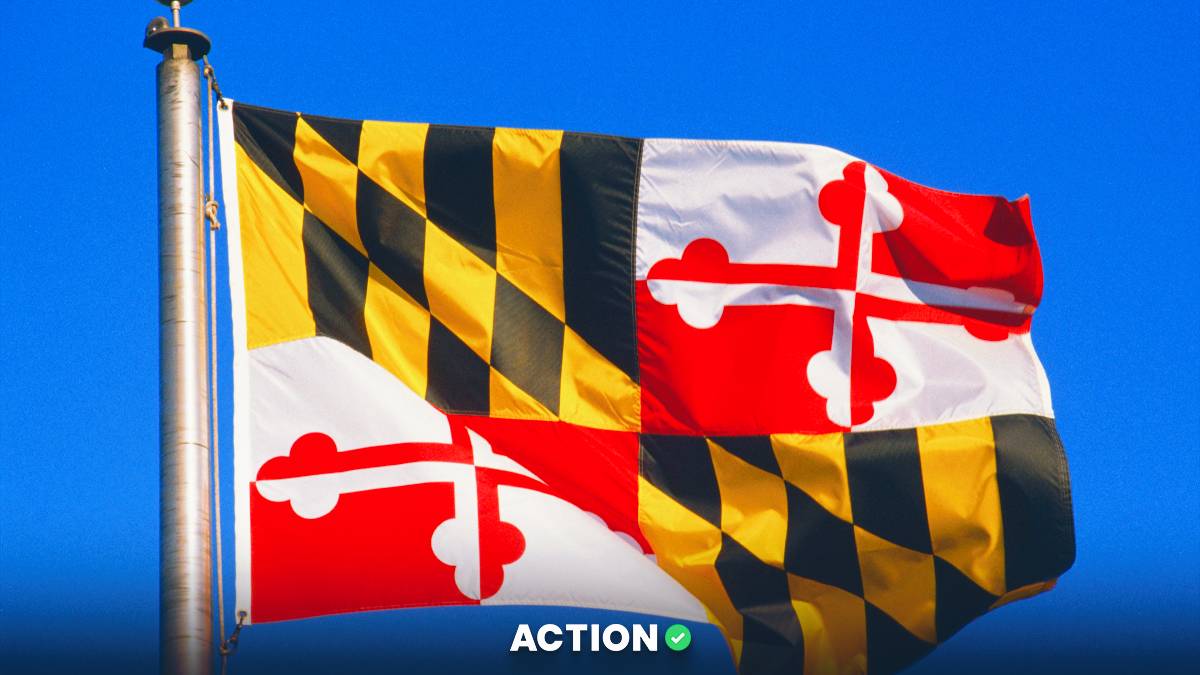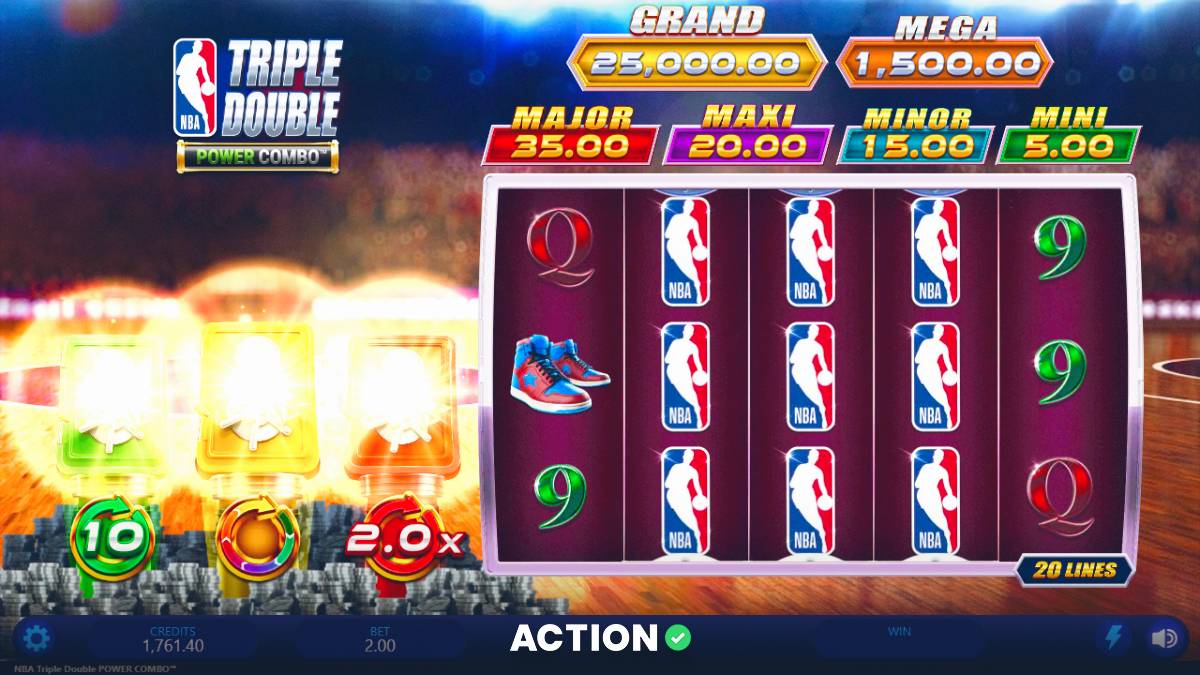Whether it’s sports betting or online casinos, states are making millions of dollars off the tax revenue both industries provide.
But lawmakers in some of the states that offer legalized online gaming or sports betting are struggling to come up with the right percentage for operators.
There are states on the verge of increasing their tax rate, if they haven’t already, but other states where lawmakers think they are charging too much. Here are a few examples.
Ohio Lawmaker Calls For Lower Online Gambling Tax Rates
Ohio state Senator Niraj Antani, who helped legalize sports betting, is pushing to lower The Buckeye State’s tax rate back to the original 10%.
He testified to the Ohio Senate Finance Committee that the current 20% rate makes the Ohio online gambling tax one of the highest, and puts the state at a competitive disadvantage compared to neighbors like Kentucky, Michigan, Indiana, and West Virginia.
Antani argued that the higher tax rate burdens smaller sports betting platforms, which can't easily absorb the costs like larger companies. He believes a 10% tax rate would help the industry grow while maintaining steady tax revenue.
He also prefers a 6.75% tax rate, matching low rates in Iowa and Nevada, but sees 10% as a more realistic compromise. This would boost Ohio's sports betting market competitiveness without risking significant revenue loss. The bill is still open for comments.
Louisiana Drops Proposed Online Gaming Tax Hike
Louisiana Rep. Roger Wilder has withdrawn his proposal to significantly increase the state's tax on online sports betting revenue from 15% to 51%. He made this decision after facing strong opposition from the state's gambling industry.
House Bill 22 would have increased state revenue by $151 million, according to an analysis of the bill by the nonpartisan Legislative Fiscal Office. The proposal would have helped offset the loss of revenue resulting from flattening the state income tax.
Online sports betting companies handle around $3 billion in bets from Louisiana each year, earning a profit of $250 million to $300 million. Currently, the state collects $54 million in taxes from these bets.
Michigan May Increase Its Online Gaming Tax Rate
All of this is happening while Michigan lawmakers are considering increasing their online casino and online sports betting tax rates.
Two new Senate bills call for slight increases in the rate. They are now in the hands of the Committee on Government Operations.
Set Tax Rate Proposed For New Online Gambling States
Only seven U.S. states currently offer legalized online casino gaming. However, some of these states are contemplating changes to their gambling laws. As online gaming gains popularity nationwide, lawmakers are revising regulations to balance state revenue goals with the sustainable growth of the gaming industry.
The National Council of Legislators from Gaming States recently released model legislation for states considering the legalization of internet gambling. This framework suggests standards, including a 15% to 25% tax rate and a ban on credit card deposits. The proposal is set for discussion at the council's winter meeting in New Orleans next week.
Tax Rate Decisions Impact Industry
Deciding the right tax rate for online gaming is a complex balancing act that varies from state to state.
In the seven states where online gambling is legal—New Jersey, Michigan, Pennsylvania, Connecticut, West Virginia, Delaware, and Rhode Island—the total revenue for July 2024 was about $623 million. This marks a 26% increase compared to the roughly $483 million earned in July 2023.
While the industry continues to grow, states must carefully consider how their tax policies affect both revenue and the long-term viability of gaming operators.
As lawmakers navigate these challenges, finding solutions that support both state budgets and the gaming industry will be key to maintaining a thriving, regulated market.










